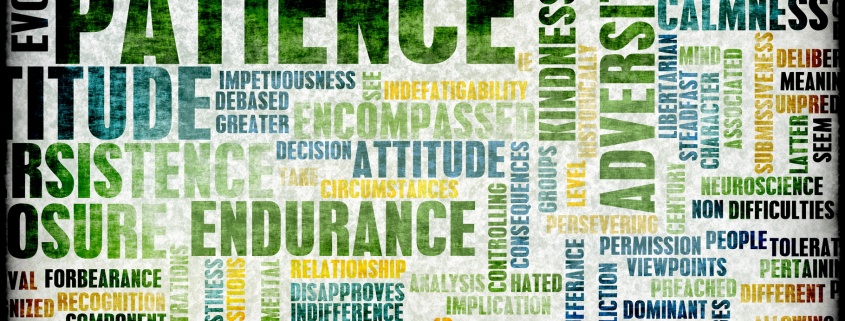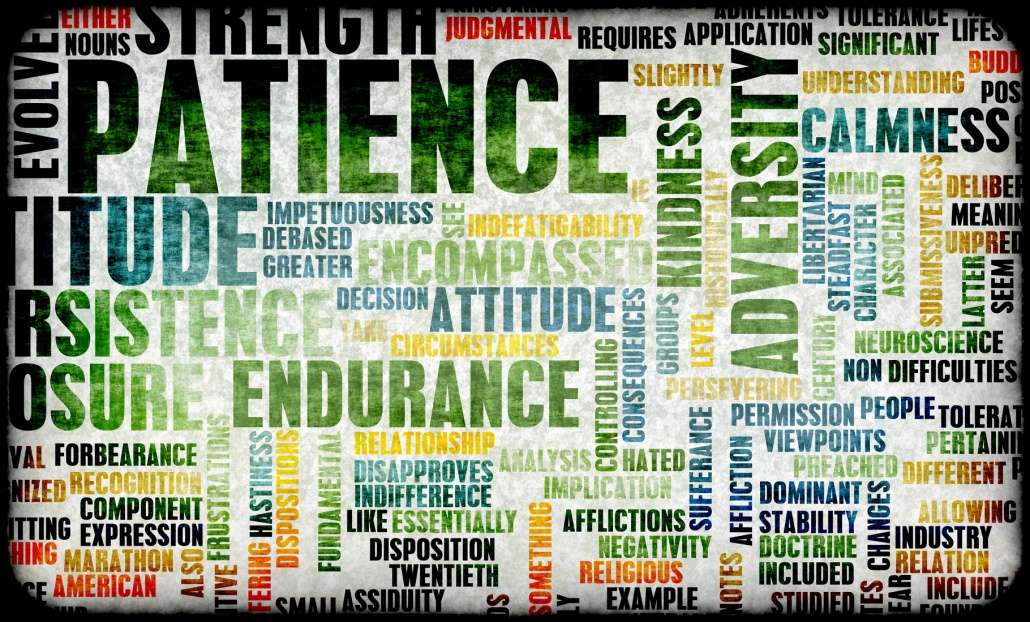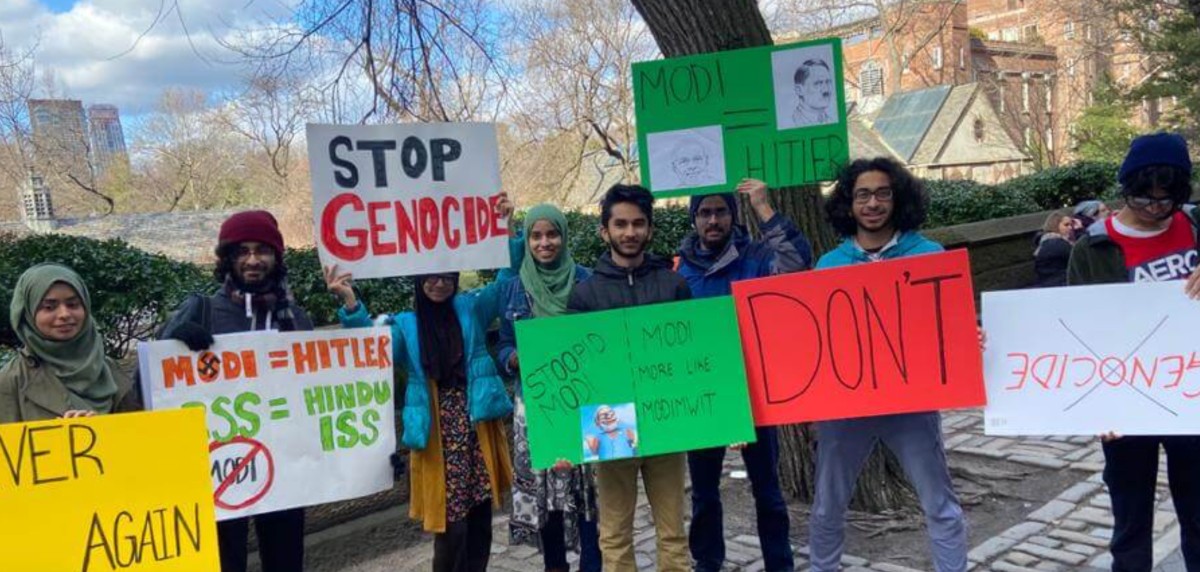Muslims forced to grin and bear ignorance
By Haroon Moghul
Most of our conversations about Islam and Muslims feature neither Islam nor Muslims. The bad news: It’s partly our fault. We spend so much time talking to ourselves, we never talk to anyone else. If we write, it’s frequently for each other, assuming that the average American shares our concerns and outrages. When we are so frequently feared and loathed, this solipsism isn’t just embarrassing, it’s self-defeating. But there’s more bad news.
People who could do better don’t, or won’t. Graeme Wood’s cover story for The Atlantic, “What ISIS Really Wants,” leans heavily on Bernard Haykel, contending that ISIS is not just Islamic, but “very Islamic,” and anyone who disagrees is in politically correct denial. If this is the quality of the conversation we’re having—we suffer as the rubbernecked and rubberneckers—then it’s no wonder we endure the daily interrogations we do.
Some folks reach out to me with genuine concern, asking, “Why don’t Muslims condemn terrorism?” They know so little about Islam and Muslims that they don’t even know the people who are on the ground battling ISIS, or often being gruesomely dispatched by ISIS, are overwhelmingly Muslim. That it’s not political correctness that drives our opposition to ISIS, a desire to be liked and respected in certain circles—most of us are not so craven; we have backbones—but anger.
How dare they take our religion? Our values? Our beloved Prophet?
And yet none of this appears to matter; with arguments like Wood’s, it seems clear many Americans think ISIS is not just claiming Islam, but more faithful to Islam than we Muslims genuinely and truly are. How does one begin to even make a dent in this wall of hatred?
We are a product of our time. And our time is a difficult one to navigate. But perhaps this means we should be more generous, and patient, with our critics, and more supportive of our supporters. After all, I’m reasonably well read, but if you ask me to evaluate Buddhism, I’d have no idea where to start. I could read about all the wonderful things the Dalai Lama has said, or the Buddhist-led ethnic cleansing of Myanmar’s Muslims. I could go on the internet, but how would that help me make an informed opinion? Call it the Brian Williams effect.
We make decisions, ultimately, based on people and sources we trust. If we believe CNN to be reliable, we will use CNN to help us make opinions. Since we don’t have the same infrastructure or access, we use social media and other nontraditional forms of communication, but this is a much broader task, with a much deeper pool of talent. Including you. The reader. It’s genuinely seventh century: The Prophet Muhammad won people over not by force of argument, but by warmth of personality.
They trusted and admired him, which meant that his news of a divine message might have seemed preposterous, except look at the person who was preaching it. Do we believe our reason, or do we believe his reason? Of course, nowadays we are starting from a disadvantage. People have already made up their minds about us, at least those who don’t know us. And most Americans, unfortunately, don’t. (About 60%, according to most polls.) We are not just working to establish a narrative, but simultaneously trying to disestablish a narrative. And what is a narrative except the people who propose it, and prosper by it? We must work nimbly, patiently, and compassionately.
It is better to win a heart than win an argument, because in the long run, we don’t just need people who are Muslim telling the truth about us, but people who aren’t. I spoke with Sarah Posner, a journalist who writes about religion and politics, about Wood’s essay. As she put it, his overreliance on Haykel was “a symptom of not knowing any Muslims.” Truer words are rarely spoken: “If you know a lot of Christians, then you know that the KKK doesn’t represent Christianity, even though it claims to.” That’s the problem with the conversation about Islam: When Muslims aren’t present, any point about the margins can be assumed to stand for the mainstream.
Which means we have to be part of the conversation, and that begins as simply as being in the room. Any room.
Which is to say, put a smile on your face. Even when you most don’t want to. The outer struggle depends on the inner, see? Now walk out the door, and go about your business. You’ll change the world, just as we did fourteen centuries ago.


















2015
855 views
views
0
comments